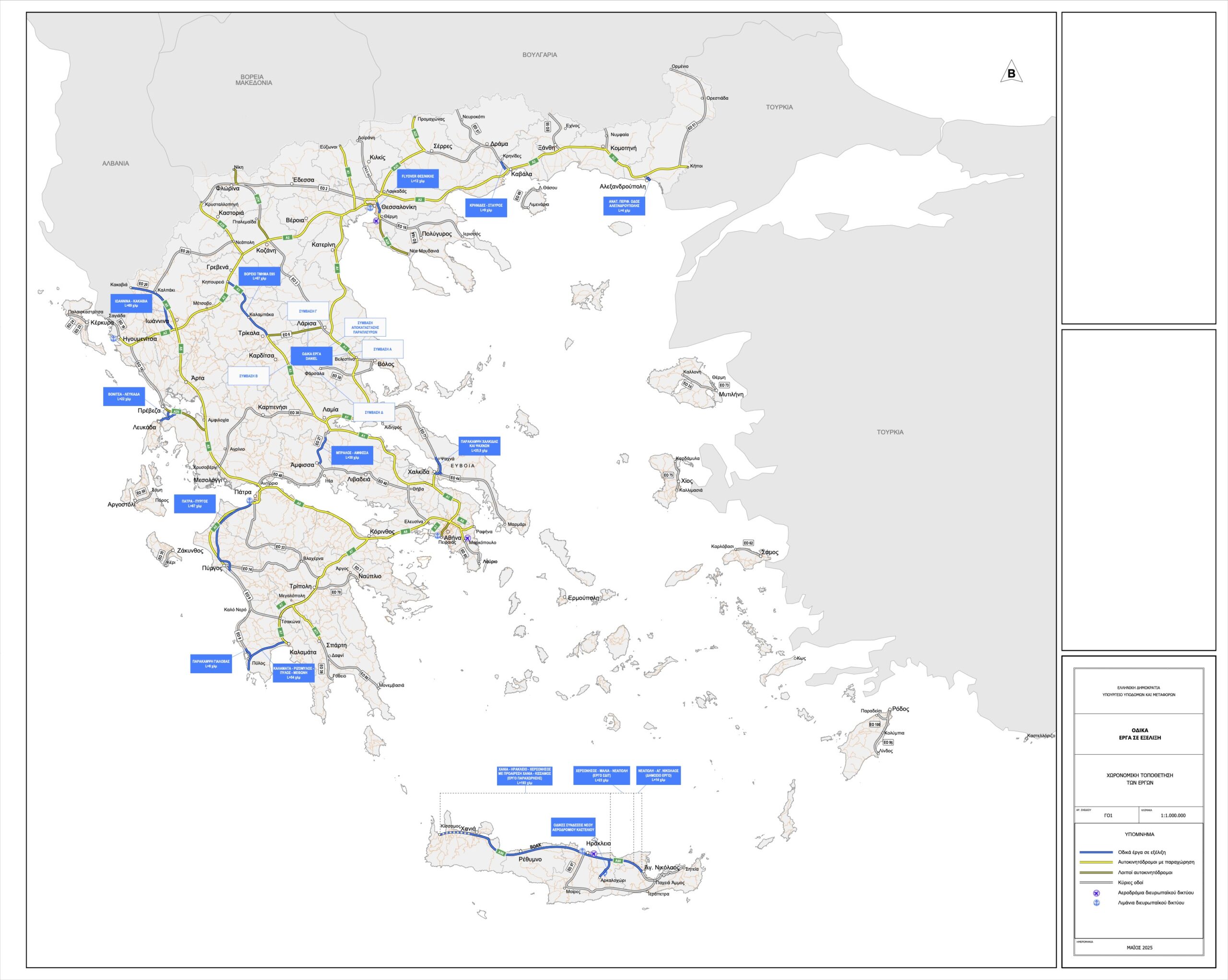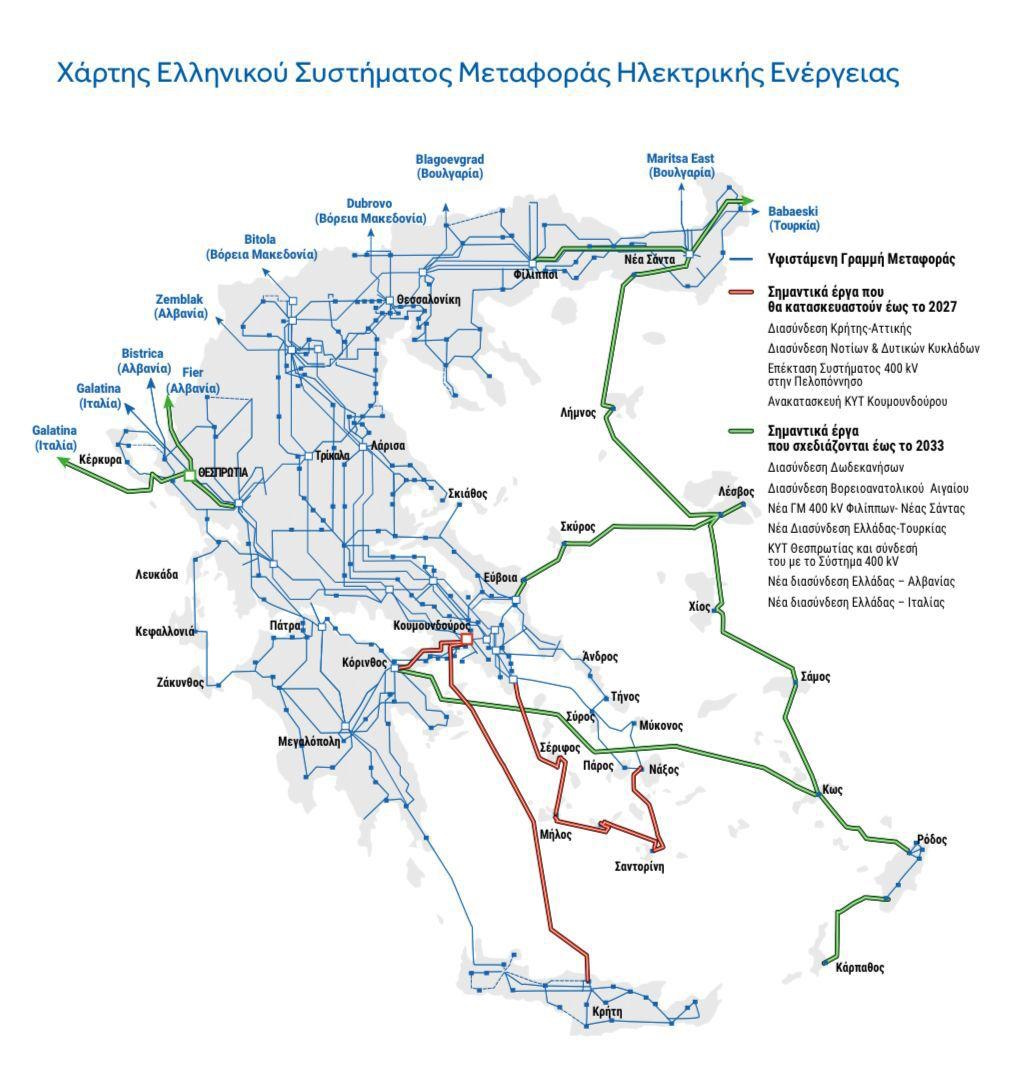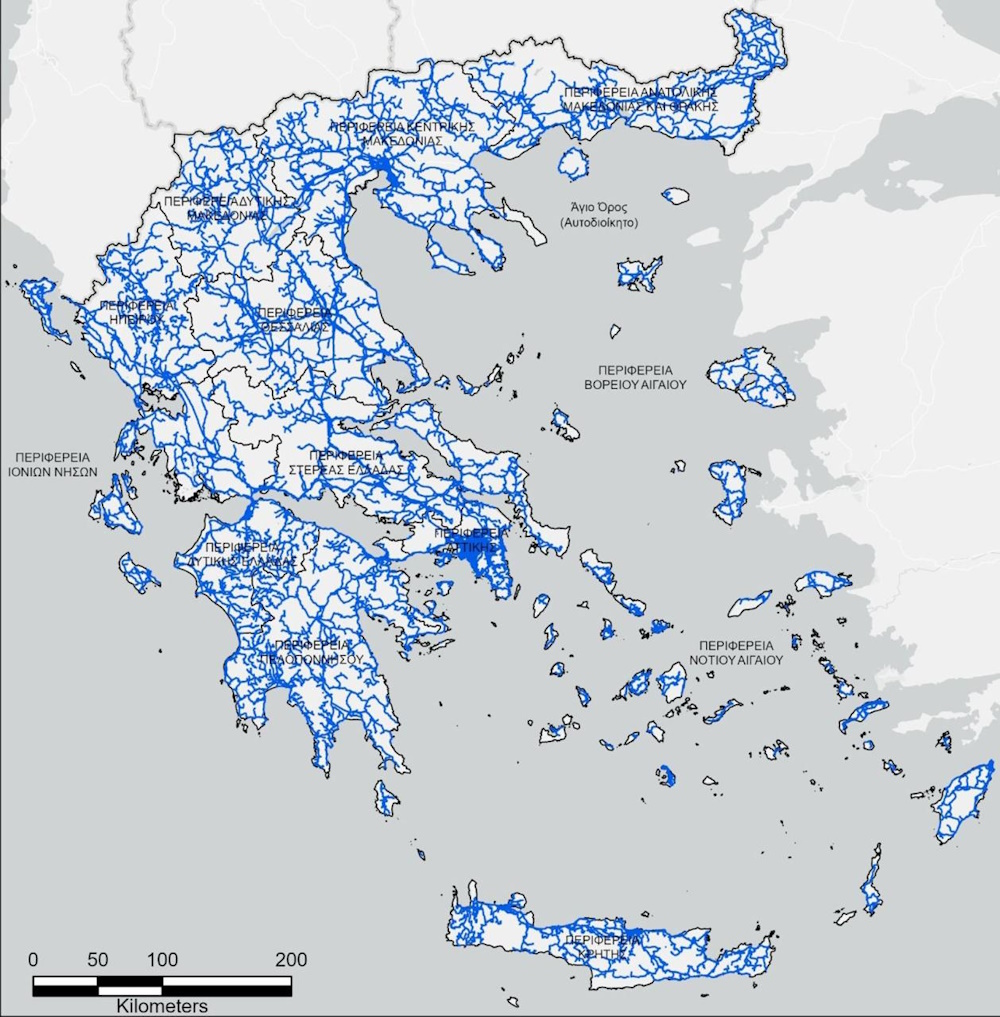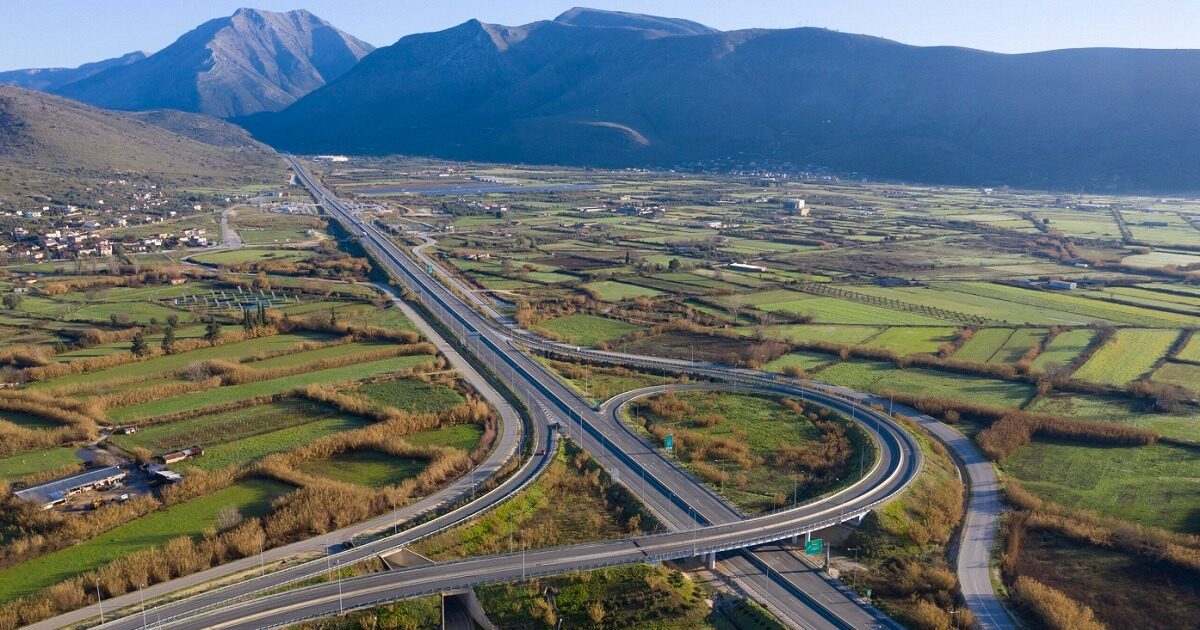The meeting of the Governmental Council of Economic Policy, chaired by the Deputy Prime Minister, Kostis Hatzidakis, was held today (19.5.2025).
At the meeting, the new perennial fiscal framework of the EU 2028 – 2034 were discussed and the country’s design for road, rail, energy and telecommunications networks.
More specifically:
1. Discussion on the new perennial fiscal framework of the EU 2028-2034 and the National Strategy for Regional and Local Development
The discussion analyzed the scene in Brussels, based on a recent European Commission announcement on the issue. Separate priorities were discussed that would be more important in the EU planning for the next programming period, such as competitiveness and defense.
The particular importance of the critical areas of cohesion and the common agricultural policy have been emphasized for Greece and will have a first mapping of the country’s arguments and alliances in this critical negotiation.
It was agreed that there is a continuous inter -ministerial coordination for this critical, issue of financing the economy. It is noted that the culmination of the negotiation for the new multi -year budget of the European Union will take place during the Greek Presidency, in the second half of 2027.
The debate also was overwhelmed by the financial needs of the Region’s projects and it was agreed to have a special meeting on this issue. Deputy Minister of Finance Nikos Papathanassis, Deputy Minister of Prime Minister Thanassis Kontogeorgis and Prime Minister Michalis Argyrou’s head of financial office.
2. Design for the country’s large networks (road, rail, energy and telecommunications)
Following the presentation of the Minister of Infrastructure and Transport Christos Dimas, the Minister of Environment and Energy Stavros Papastavrou, the Deputy Minister of Transport Konstantinos Kyranakis and the Secretary General of Telecommunications and Post of the Ministry of Digital Governance modernize the country’s infrastructure and will enhance its growth prospects.
More specifically, based on the items presented:
- The Patras – Pyrgos Motorway will be completed by the end of 2025.
- The E65 until May 2026.
- The Flyover of Thessaloniki in May 2027.
- The north road axis of Crete will begin for the Chania-Heraklion side in 2025.
- The Athens – Thessaloniki railway axis, following the rebuilding of the disasters caused by Daniel in Thessaly, will be completed in the summer of 2026.
- The great electric connection Athens – Crete in the summer of 2025.
- The electrical interconnection of the Cyclades in 2026.



At the same time, they are planned and proceeded Electrical interconnections with the Dodecanese and the North Aegeanas well as with our neighboring countries, as they have been announced (such as Crete – Cyprus – Israel, Italy, Egypt). All international agreements in the country that will make Greece an international energy hub are also in force and are also in force.


Finally, the design for telecommunications networks was presented, with an emphasis on Expansion of the fiber optic network At home (FTTH), and it was found that Greece, which had previously been left behind in this area, is firmly in the first place in the rate of optic fiber and infrastructure.


The meeting was attended by Deputy Prime Minister Kostis Hatzidakis, Finance Minister Kyriakos Pierrakakis, Minister of Infrastructure and Transport Christos Dimas, Minister of Environment and Energy Stavros Papastavrou, Minister of Development Takis Theodoros Shipping and Island Policy Vassilis Kikilias, Minister of Tourism Olga Kefalogiannis, State Minister Akis Skertsos, Deputy Minister of Finance Nikos Papathanassis, Deputy Minister of Transport Konstantinos Kyranakis Chatzivasiliou, the Secretary General of Telecommunications and Post Office of the Ministry of Digital Governance Konstantinos Karantzalos, Secretary General of Prime Minister Stelios Koutnatzis, Secretary General of Law and Parliamentary Affairs Christina Tsakonas
